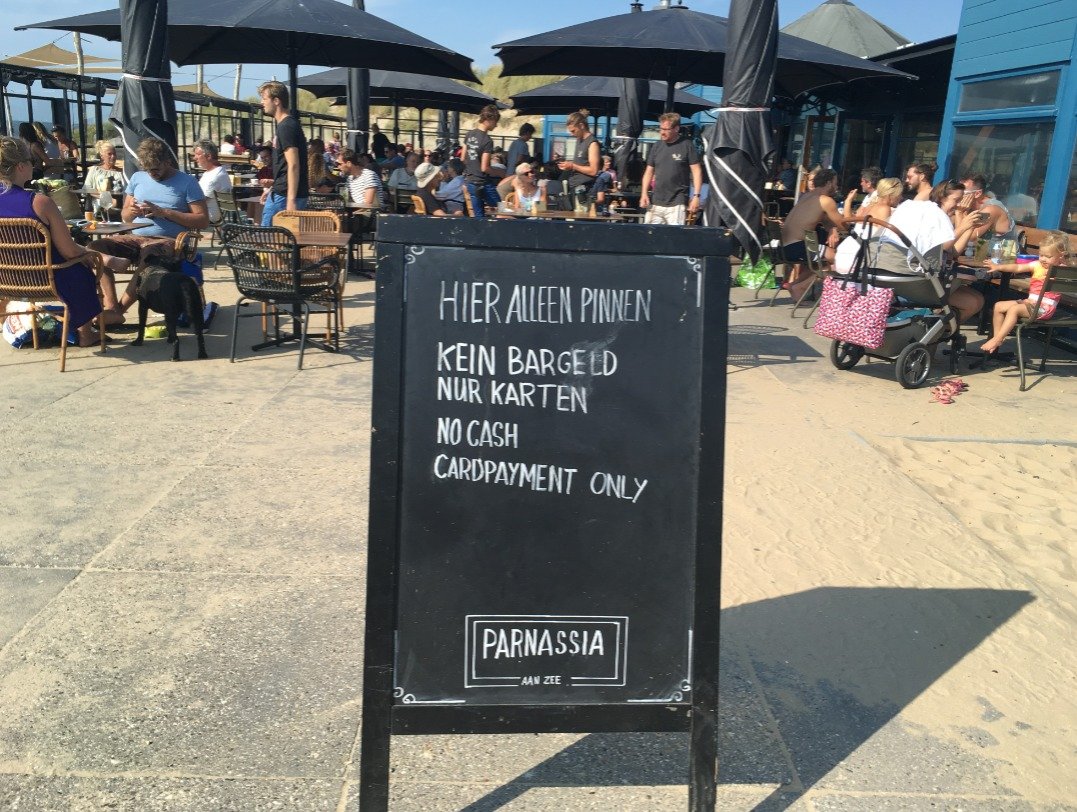Partner content
Planning to study in the Netherlands? Get your finances sorted!

Coming to study in the Netherlands after the summer holidays? Signing up for a bank account before term begins is a key part of every “to do” list.
New arrivals to the Netherlands are often surprised at how “digital” the country is when it comes to money. New students need to pay a deposit on their student housing, take out a new phone and internet subscription and be able pay for public transport as soon as they arrive, if not before. So it makes sense to open a bank account and get digital as soon as you can.
In the past, this was always a challenge: in order to comply with money laundering and other obligations, the main Dutch banks would always ask for a Dutch tax identification number (BSN) before they would open an account.
ABN Amro is now offering the possibility to onboard using a foreign tax number, so that students can arrive in the Netherlands ready to pay their rent, shopping and phone bill…with a local account.
Then, as soon as you have supplied proof of residence – either a BSN or a formal document showing you are enrolled at a college or university – all the features of a current account will be up and running.
Groceries
Matthé Kooi, a student himself, who works as a client adviser at the international student personal banking team, said that internationals in particular can struggle at the start of term.
“First of all, many universities ask for a cash deposit of €5,000 or €10,000,” he said. “You transfer that to the university, so that the university knows that the student has enough money to live here: then when they arrive here, the money is transferred back them, but they need a bank account to put it in.
“The second point is that this is a really digital country. Students might come from their own country where a lot of shops still accept cash, but here, everything is going digital. If you don’t have a bank account, you can’t pay your landlord. It’s also useful to pay for your groceries. It’s really necessary.”
Digitalisation has gone so far that you pay for public transport by swiping your bank card if you get on a bus or tram. And the tikkie – a way of sharing bills between groups of friends – is an essential part of everyone’s social life.
Costs
One of the things that won’t cost you anything is your student bank account: unlike other types of banking in the Netherlands, a student account at ABN Amro is free of charge.
You might have to pay a fee to transfer cash into the account from abroad, however – if the foreign bank demands a charge, this will be passed on to you. “It might make sense to pay one transaction fee for a larger amount, rather than foreign relatives sending money every month,” said Kooi. “Or investigate other ways of transferring money with internet transfer services. But the nice thing is that the student account itself is free so you don’t have to pay for a debit card.”
Network
While you will not qualify for certain services such as banking loans or credit cards – which are based on salary – you may want to look into other banking services like contents insurance or liability insurance, in case you have an accident on your bike.
ABN Amro gives advice to student networks such as the Erasmus Student Network and has a regularly updated website in English with all kinds of recommendations for new arrivals and international students to help them find their feet and get the most out of their time in the Netherlands.
Getting your bank account sorted will just take a weight off your mind, especially if you can onboard using the banking app before you even get to the country, said Kooi. “And that leaves you free to focus on your study!”
Thank you for donating to DutchNewsToday.
We could not provide the Dutch News Today service, and keep it free of charge, without the generous support of our readers. Your donations allow us to report on issues you tell us matter, and provide you with a summary of the most important Dutch News Today each day.
Make a donation